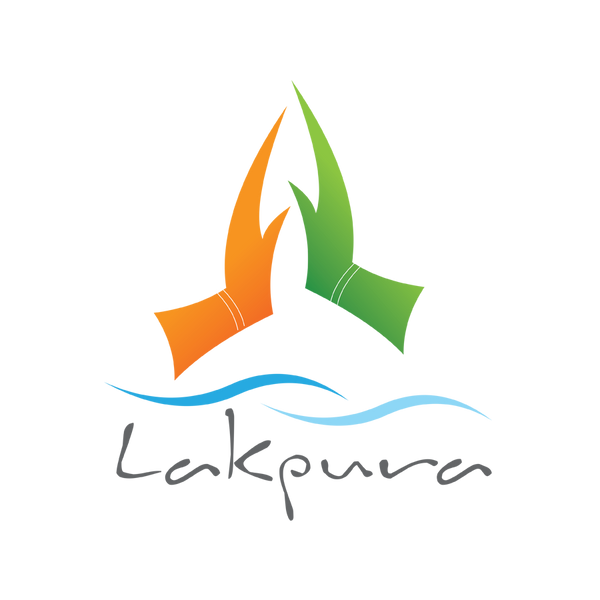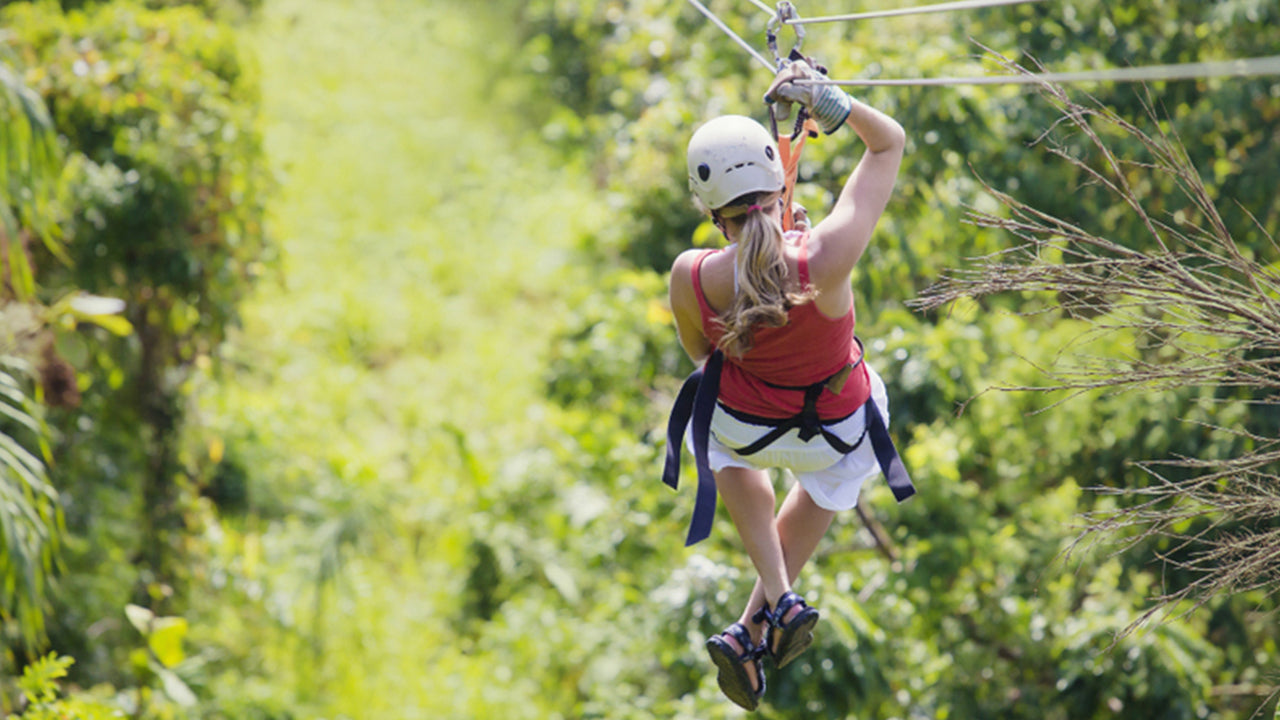
Uppuveli City
Uppuveli, located on the northeast coast of Sri Lanka, boasts a natural deep-water harbor and pristine beaches. Rich in history, it features landmarks like the ancient Koneswaram Temple. The city's diverse marine life and vibrant culture make it a captivating destination for tourists and historians alike.
Uppuveli
Uppuveli is a gold sand coastal resort town of the Trincomalee District, Sri Lanka located in the suburb of Sambalativu, 6 km northwest of the city of Trincomalee. A historically popular tourist destination of the island alongside the nearby Nilaveli, the numbers of visitors declined following the 2004 Indian Ocean Tsunami and Sri Lankan Civil War, but have risen again since 2010. It is home to the Sri Muthumariamman Kovil on its coast.
The main attraction in Uppuveli is undoubtedly its beach. Stretching for several kilometers, the Uppuveli Beach is lined with swaying palm trees and features soft golden sands and warm, shallow waters that are ideal for swimming and sunbathing. The beachfront is relatively undeveloped, preserving a sense of unspoiled beauty and providing a perfect backdrop for a peaceful day by the sea.
Uppuveli is also a great base for water sports and marine exploration. The area is famous for its snorkeling and diving opportunities, with several dive sites located just off the coast. These sites are rich in marine biodiversity, including vibrant coral reefs and a variety of tropical fish. Diving enthusiasts may also explore historic shipwrecks and deeper coral formations under the guidance of local dive centers.
Aside from beach activities, Uppuveli is close to some of Trincomalee’s major attractions. The historic city of Trincomalee is just a short drive away, where visitors can explore cultural sites such as the ancient Koneswaram Temple, perched on a cliff with panoramic views of the Indian Ocean, and the British-built Fort Frederick.
The area around Uppuveli is known for its relaxed atmosphere. A range of accommodation options is available, from simple guesthouses to upscale beach resorts, catering to all tastes and budgets. These establishments often feature open-air restaurants where guests can enjoy fresh seafood and local cuisine while watching the sunset over the ocean.
Uppuveli remains a gem on Sri Lanka's eastern coast, offering a blend of natural beauty, cultural richness, and leisure activities. It’s an ideal destination for those who wish to unwind in a serene environment while having the option to indulge in exciting marine adventures or explore historical landmarks nearby.
Uppuveli is also featured on TripAdvisor, Viator and GetYourGuideAbout Trincomalee District
Trincomalee is a port city on the east coast of Sri Lanka. The Bay of Trincomalee's harbour is renowned for its large size and security; unlike every other in the Indian Sea, it is accessible to all types of craft in all weathers. The beaches are used for surfing, scuba diving, fishing and whale watching. The city also has the largest Dutch fort in Sri Lanka. It is home to major Sri Lankan naval bases and a Sri Lankan Air Force base.
Most of the Tamils and Sinhalese believe that this place is sacred to them and they are the indigenous people of the area. Trincomalee and its environs have both Hindu and Buddhist sites of historical importance. These sites are sacred to the Hindus and Buddhists.
About Eastern Province
The Eastern Province is one of the 9 provinces of Sri Lanka. The provinces have existed since the 19th century but they didn't have any legal status until 1987 when the 13th Amendment to the 1978 Constitution of Sri Lanka established provincial councils. Between 1988 and 2006 the province was temporarily merged with the Northern Province to form the North-East Province. The capital of the province is Trincomalee. The Eastern province's population was 1,460,939 in 2007. The province is the most diverse in Sri Lanka, both ethnically and religiously.
Eastern province has an area of 9,996 square kilometers (3,859.5 sq mi).The province is surrounded by the Northern Province to the north, the Bay of Bengal to the east, the Southern Province to the south, and the Uva, Central and North Central provinces to the west. The province's coast is dominated by lagoons, the largest being Batticaloa lagoon, Kokkilai lagoon, Upaar Lagoon and Ullackalie Lagoon.
【LK94009588: Uppuveli. Text by Lakpura™. Images by Google, copyright(s) reserved by original authors.】








